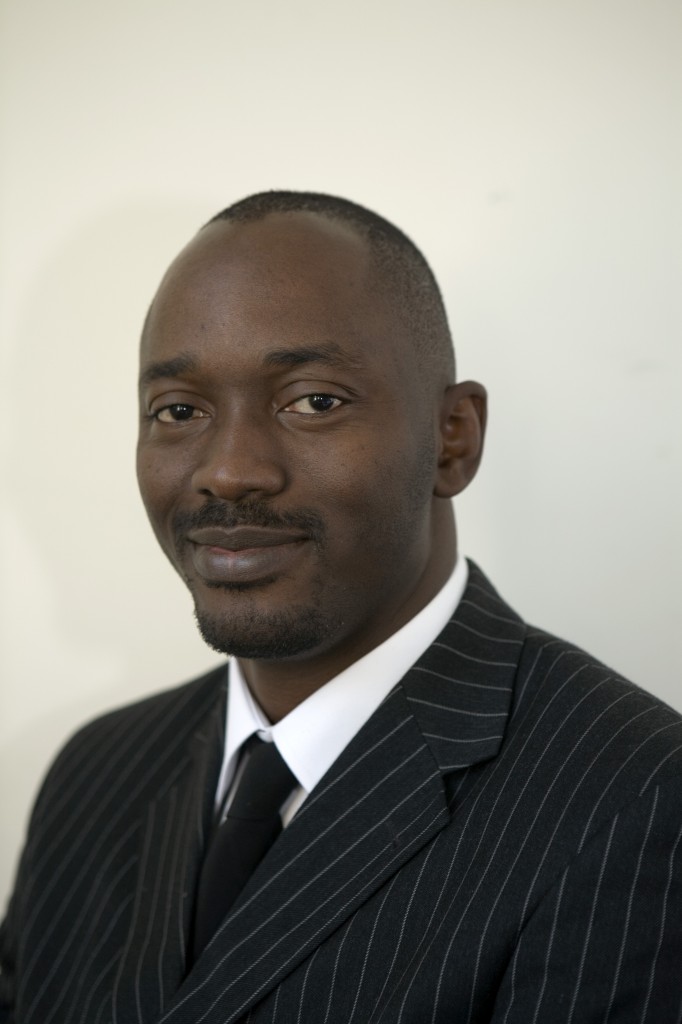Kent International Law expert Dr Gbenga Oduntan urges Nigeria’s new government to address “ingrained corruption” as a matter of priority in an article published online by The Conversation:
Nigeria and corruption: what Presdent Buhari must do to tackle it
Africa’s largest economy and most populous country, Nigeria has been crippled since its independence by political instability, inadequate infrastructure, poor macroeconomic management, and above all, corruption.
Signs of real improvement have so far been scant. But now Nigeria has a new government – and for once, it’s actually well-placed to do something about corruption. Both the president, Muhammadu Buhari, and vice president, Yemi Osinbajo, have managed to build reputations for propriety while running for office and, in Buhari’s case, while running the country in the 1980s – and the two have pledged a major anti-corruption push.
Nigeria’s anti-corruption laws and the Economic and Financial Crimes Commission Act (EFCC) have proved terribly ineffectual. And while the bribing of Nigerian officials is an issue across the whole of the state, its impact on the administration of justice is particularly devastating.
Payments are used to influence justice in favour of accused people and parties in civil and criminal cases. Police officers collude with accused people to hide or destroy evidence. Political parties and politicians influence all personnel changes within the justice system. In the judiciary, there are regular allegations of expenses and travel allowances being fiddled. Hospitality is lavished on justice officials to curry favour.
Perhaps most debilitating of all is the rampant corruption in the anti-corruption agencies that were specifically set up to combat malfeasance in the first place.
Buhari will need to show great courage to turn the administration of the justice sector around quickly. So what can he actually do?
Crackdown
All Nigeria’s justice institutions should conduct annual studies into their exposure and vulnerability to the problems of corruption and come up with bespoke and up-to-date procedures to insulate themselves from it as much as possible. They must also come up with zero-tolerance standards to hold top level officials to.
It isn’t just the top level that matters: specific, enforceable measures are needed to ensure that only non-corrupt staff and officials are recruited in the first place. All justice organisations must be required to produce evidence of due diligence in the way they recruit at all levels. Whistleblower protection processes must be established to encourage self-reporting; equally, procedures to prevent and punish tipping-off must be created.
All institutions must take measurable steps to understand and reverse their specific departmental cultures of corruption and to insulate themselves against the particular external influences that corrupt them.
Nigeria badly needs to introduce some transparency in the implementation of what is called the Federal character principle, a constitutional mandate to promote regional and ethnic diversity in government hiring. As implemented today, it introduces all sorts of opportunities for cronyism at the recruitment stage. Steps to rectify imbalances should also be taken – and audits of compliance should be required within a year at most.
The justice sector must work to understand and reverse the specific departmental cultures that may be affecting or exposing staff to corruption – police mentality, graft culture and grease payments endemic to specific organisations. That’s especially urgent in the Customs and Excise Department, the Immigration Service, and Prisons Service.
To implement this, a service much like the Special Investigation surveillance unit that was successfully set up for the 2015 election needs to be permanently established.
Lost potential
Buhari’s government needs to implement these changes as soon as possible. Nigeria’s impotent anti-corruption institutions have not been amended for more than a decade and they urgently need either to be merged or to be scrapped and replaced with smaller, tougher anti-corruption squads with tightly focused remits.
Nigeria has a great many challenges, but to solve them, it needs to address its ingrained corruption first. Buhari seems well aware of this. It is imperative that innovative and practical ways to change things are put into action. If they aren’t, Buhari’s chance to change things will slip away – and the promise of Africa’s biggest economy will remain unfulfilled.
This article was originally published on The Conversation. Read the original article.
Dr Oduntan is Senior Lecturer in International Commercial Law at Kent Law School. His primary research interests span public and private international law particularly international courts and tribunals; arbitration; international commercial law, anti corruption law; land/maritime boundary and territorial disputes; and air and space law.
He is a Distinguished Visiting Professor of Public and Private International Law at Crescent University, Abeokuta Nigeria where he was Dean of Law (2012-14 academic sessions).

